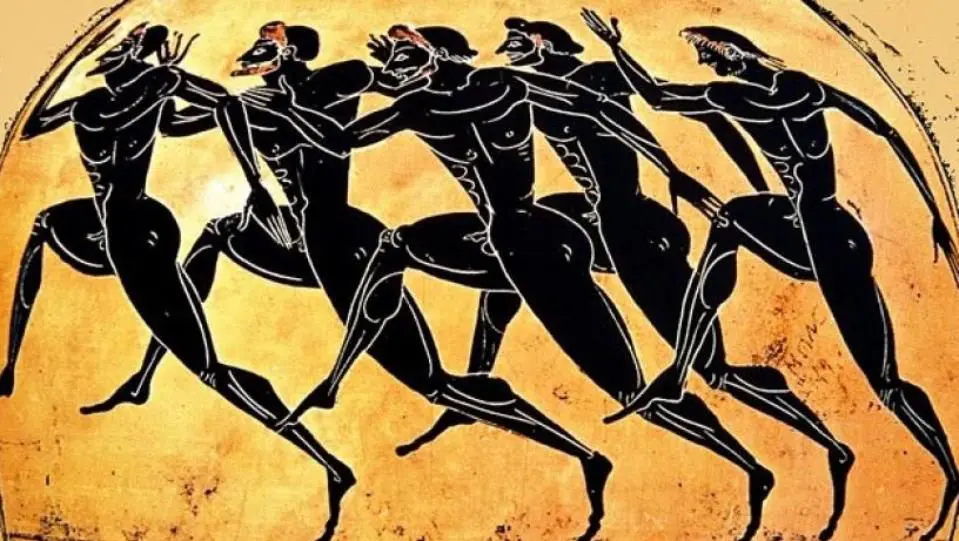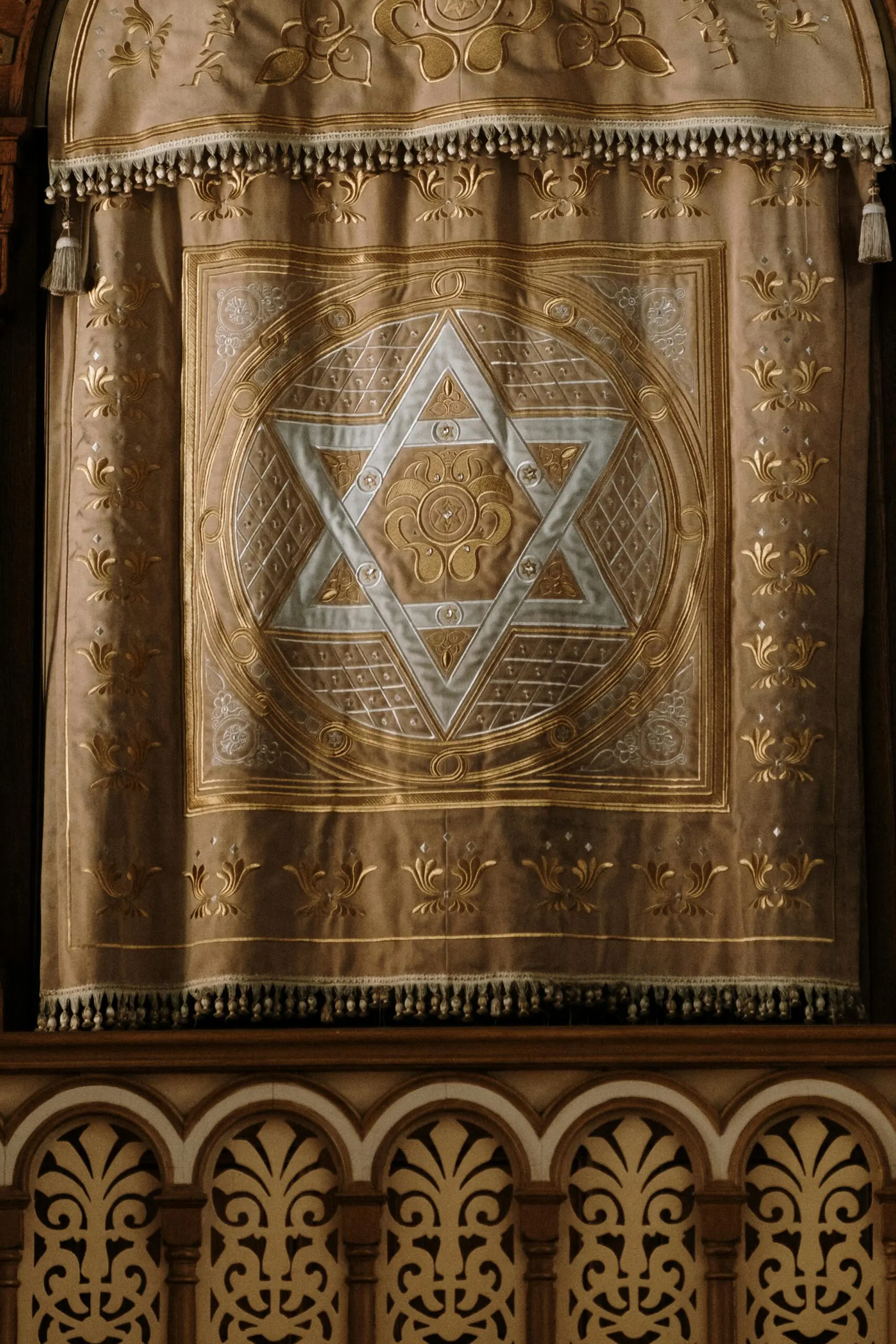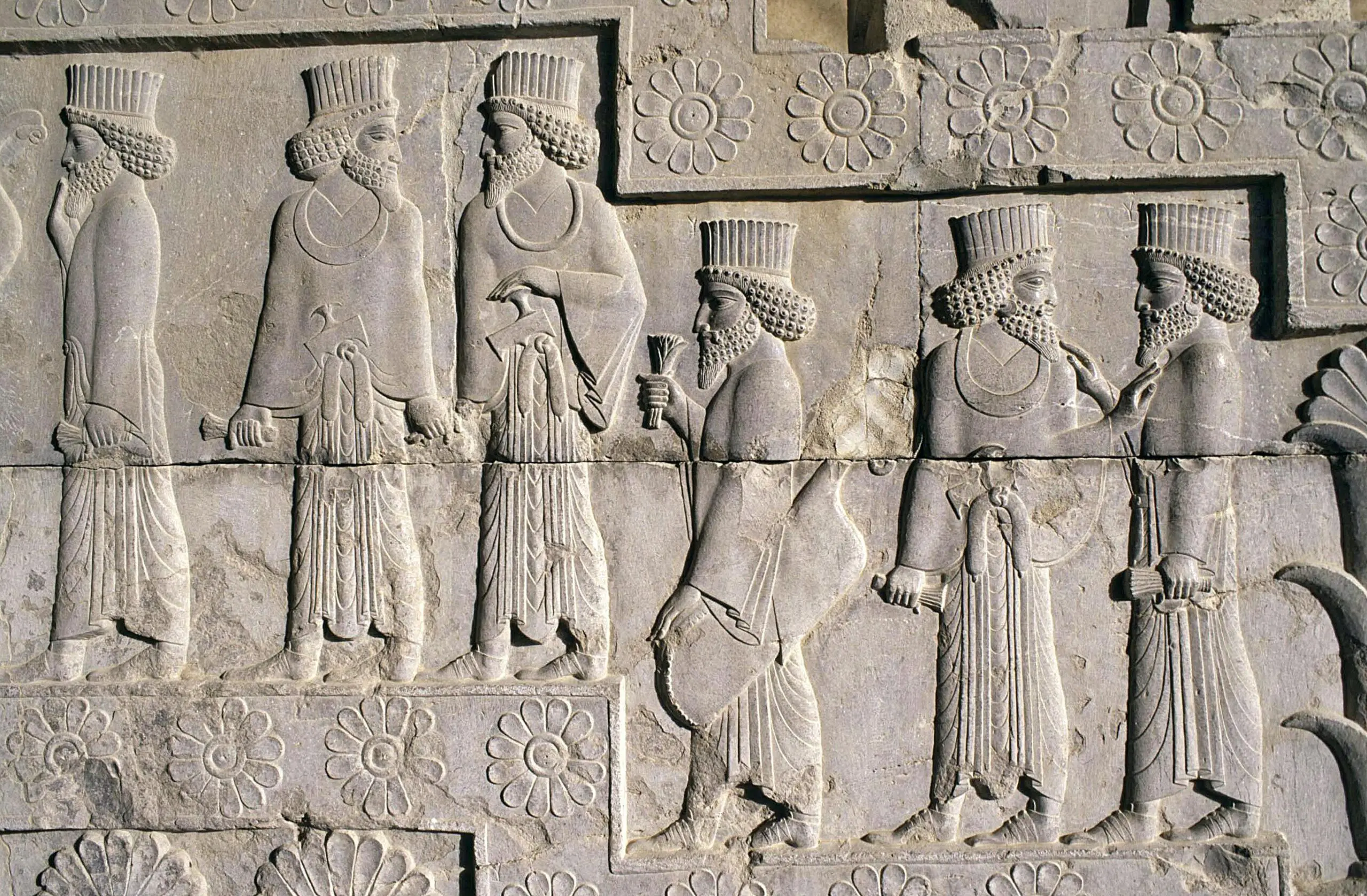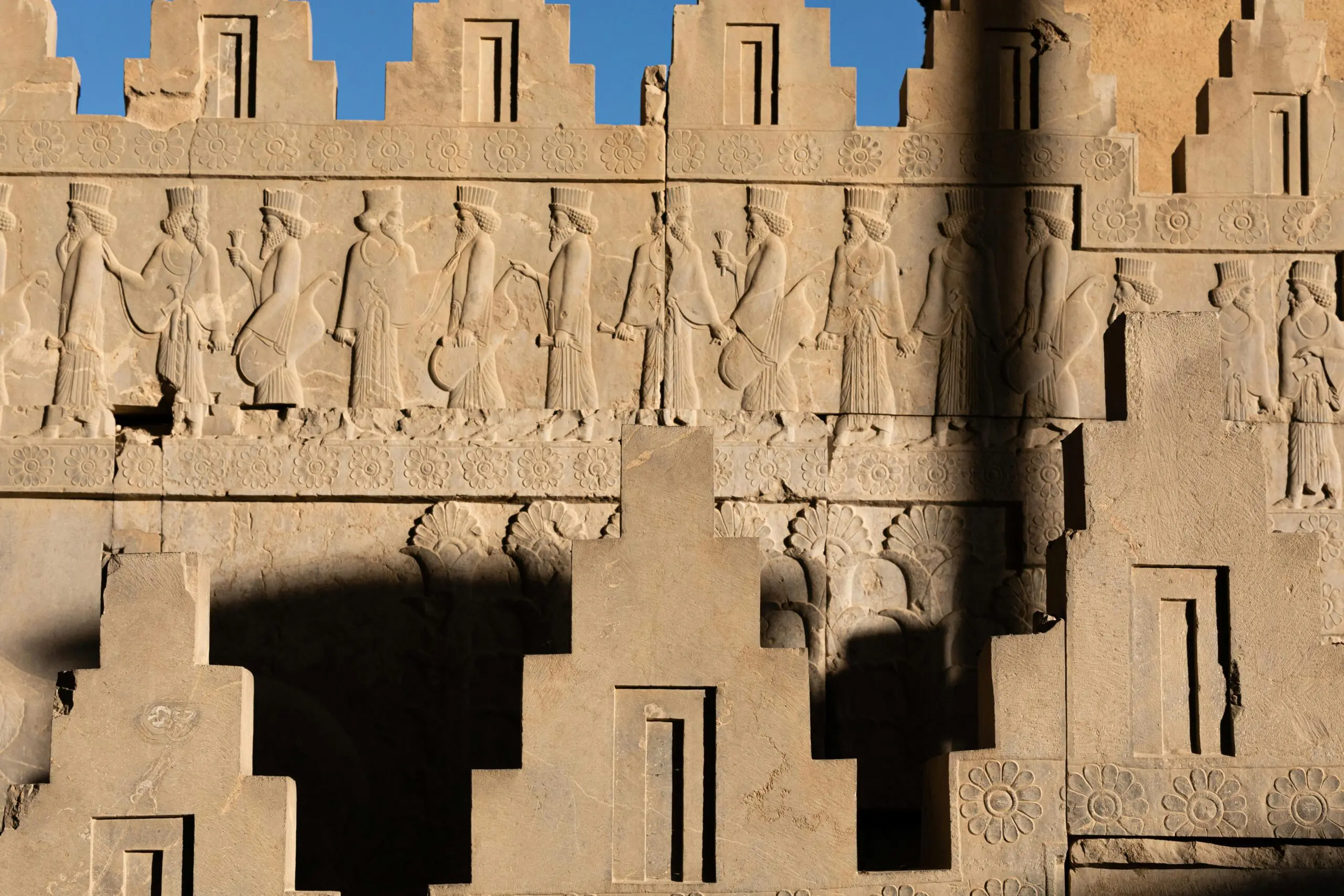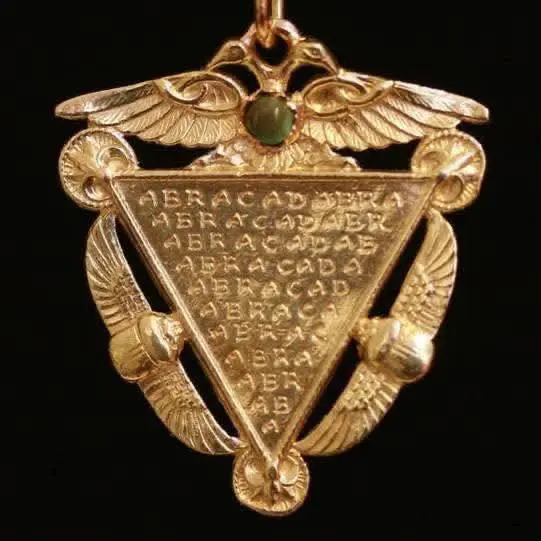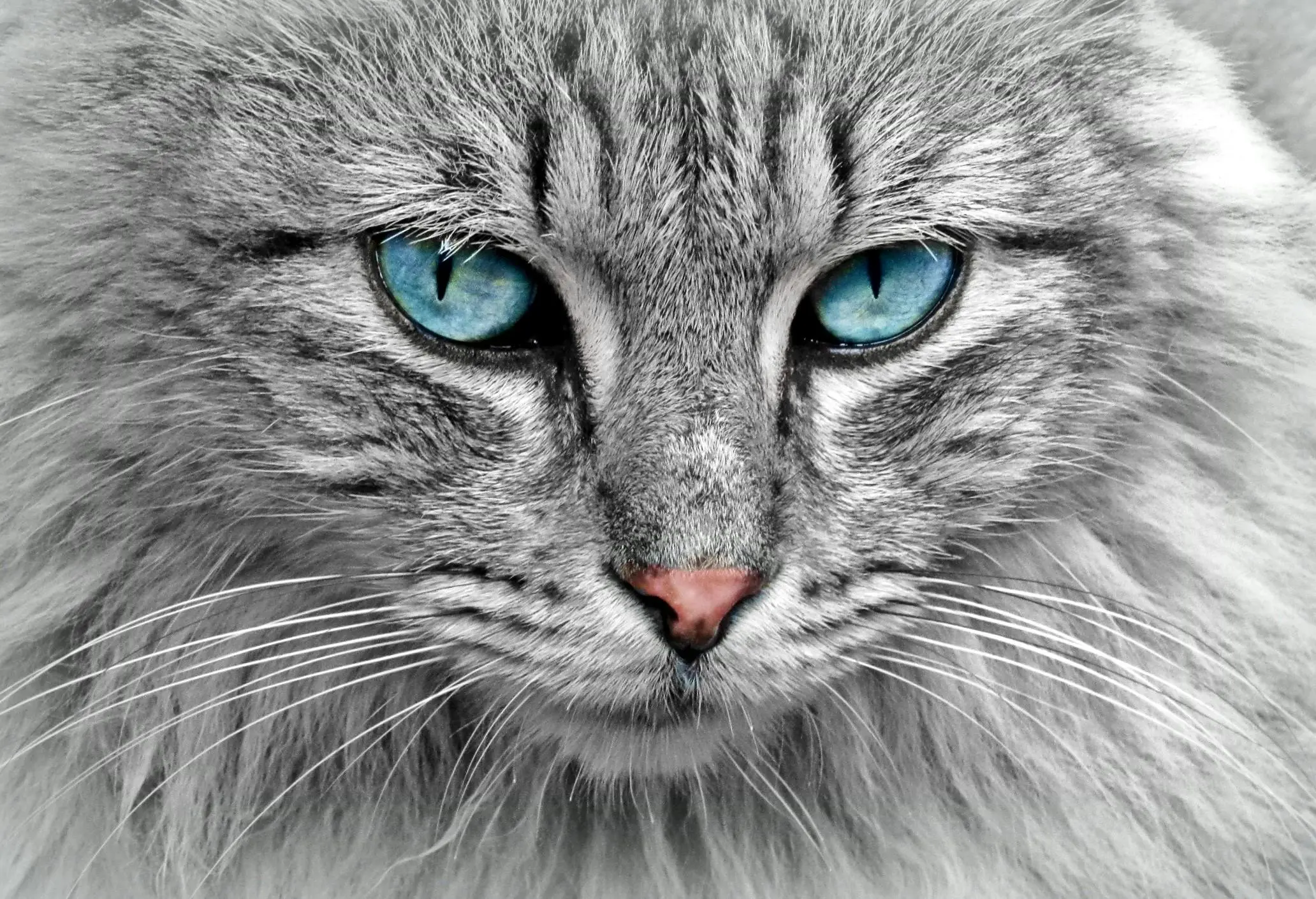It is interesting to look back at the dawn of the Olympic Games. The famous Bulgarian archaeologist Prof. Nikolay Ovcharov tells about Aurelius Fronton by Augusta Trayana (today Stara Zagora, Bulgaria) – a first-class athlete who was also chairman of the Roman province of Thrace and the province of Europe founded in 297!
As is known, the ancient Olympic Games were dedicated to the main ancient Greek god Zeus, worshiped in the temple at Olympia in Elis on the Peloponnese. Among the numerous sports competitions in the calendar of non-stop religious holidays in ancient Greece in the VI century BC. there were four main ones, also called “classic”. These are the Olympians in Olympia, the Pythians in Delphi, the Nemes in Nemea, and the Isthmians in Corinth. Among them, the Olympic Games are becoming the most important and remarkable. They were held every four years between August 6 and September 10 and generally lasted five days during the classical era. Before the new era, participants could only be free and uncondemned Greeks. Foreigners (“barbarians”), slaves and convicts did not have access to them. According to religious beliefs, the presence of women was forbidden.
Even then, three types of running of different lengths were included, as well as other sports, such as boxing, wrestling and pankration (something like today’s wrestling, which allowed all kinds of strikes with the bare hand and foot, throws and keys, including choking). Pentathlon was also added, a discipline in which athletes competed in five different competitions: wrestling, long jump, javelin and discus, and racing. Horse racing was later included.
The Romans also worshiped the Olympic Games, and after Octavian Augustus was proclaimed God by the Senate after his death, a statue with his image was erected in Olympia. Statues of other deity emperors were erected there. With their help, the stadium was renovated and Greek athletes were specially assisted. A particularly great rise was observed in the first half of the second century during the reign of the emperors Hadrian and Antoninus Pius, who admired the Hellenic culture. The Olympic Games then attracted a large number of spectators and athletes, and the fame of the victors spread throughout the Roman Empire.
There is no consensus on when the Olympic Games were finally suspended. It is most often accepted in 394, when the Christian emperor Theodosius I banned all pagan cults. Another date is 426, in which the next emperor Theodosius II ordered all pagan temples to be destroyed.
Unlike before the new era, in the Hellenistic and Roman eras, athletes from the thriving eastern provinces of the empire in Asia Minor, Syria, and Egypt dominated the sports fields. That is why it is significant when a person from today’s Bulgarian lands became an Olympic champion. This is Aurelius Fronton, who was born and lived in the 3rd century in Augusta Trayana (today’s Stara Zagora) – one of the few Europeans who managed to break through to the top of sports. Today we learn about his exploits from a preserved inscription.
It is clear from the text that Aurelius Fronton was the son of Diophanes. He was a runner, but it is not clear in which of the three existing disciplines he won. At that time there were: one-stage running = 194 m sprint; diavlos, that is, a double stage; dolichos or long run. The length of the last discipline is unknown even for Olympia, but it is assumed to be 24 stages, ie about 4650 m.
In addition to the Olympics, Aurelius Fronton also won the Heliei Games. These were famous competitions in honor of the god Helios and were held on the island of Rhodes. Epigraphic data show that the Helios were organized at least from the Hellenistic period until the middle of the third century (ie 400-500 years), with the participation of the most famous athletes of the Roman Empire. The games were “big” with a four-year interval and “small” – annual. The text of the inscription does not specify in which Heliei Fronton won, but probably in both types. According to an inscription found on Rhodes, the Great Helios were the Olympic Games, ie they copied the Olympic Games. This means that a one-month pre-training on site was mandatory, in the case of the island of Rhodes.
It is clear that Fronton was a first-class athlete, selecting prestigious competitions. Judging by his names, he was a Roman citizen of Greek descent. The growth of such a talented athlete in Augusta Trayana is an indirect testimony to the organized sports life in the city. Aurelius Fronton’s remarkable sports career helped him rise to the rank of tracharch and europarch, according to another inscription from Stara Zagora. Thus, at the end of his life, he was chairman of two provincial unions – the province of Thrace and the province of Europe, founded in 297.
By the way, some other Olympic champions can be mentioned here, who came from lands close to the present-day Bulgarian border in the Aegean and Eastern Thrace. In general, they are from the classical and Hellenistic eras before the new era. The preserved stone lists have left the names of Theagen of Thassos (discipline “pankration”) – 476 BC; Pition, son of Cephalus of Byzantium (modern-day Istanbul) with unspecified discipline – 5th century BC; unknown athlete from Maroneia (20 km south of Komotini) – discipline “wrestling” – 476 BC; Damas from Amphipolis (at the mouth of the Mesta River) – discipline “stage” in running – 320 BC; Lamp from Philippi (10 km north of Kavala) – discipline “quadriga” – chariot race – 304 BC.
Other famous athletes came from the Bulgarian lands, although they failed to win an Olympic medal. Such was Publius Elius Dioscorides, born in Philippopolis (Plovdiv). In one inscription, he is mentioned as the winner in the pankration of the famous Kendrisian Pythian Games held in his hometown. This was the most difficult ancient discipline – it is no coincidence that “pankration” in Greek means “omnipotent”. In general, pankration and nearby boxing are described as ruthless disciplines. According to the testimony of the historian Elian, referring to a competition held around 200, “Eurydamant of Cyrene won in boxing, although his teeth were killed by the other competitor – he swallowed them so as not to understand his opponent.”
The Olympic scandal of Emperor Nero
Famous for his whims, the Roman emperor Nero wanted to shine at the Olympics. He wanted to win all the major chariot races in the Panel Games in one year, so he ordered the four main hosts to hold their games in 67 AD, not 65 as planned. At Olympia, however, he was thrown out of his chariot, but he was still declared the winner. After his assassination, the Olympic judges had to return the bribes given to them and declare the “Nero Olympics” invalid.

